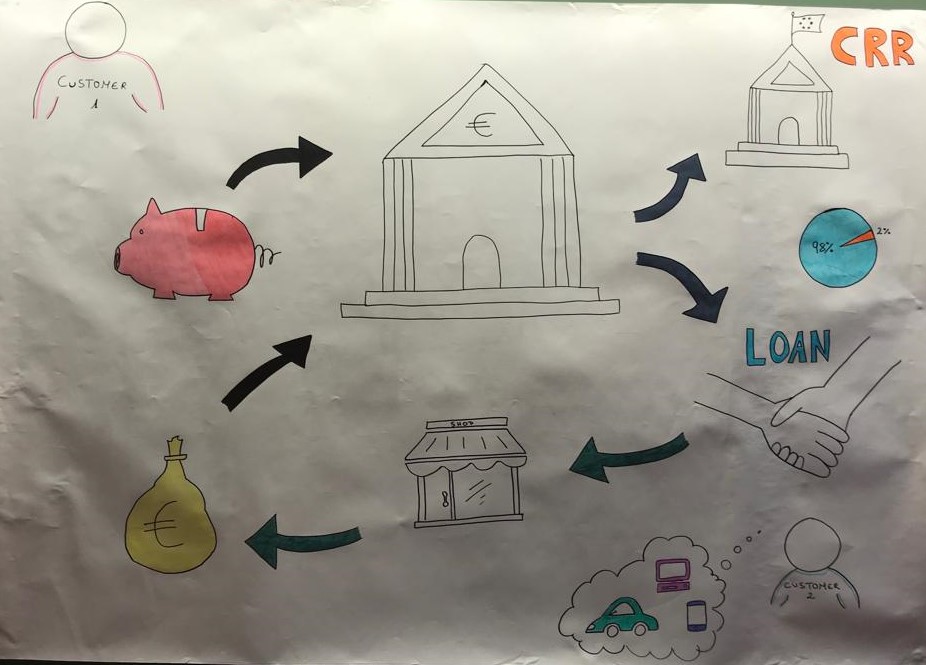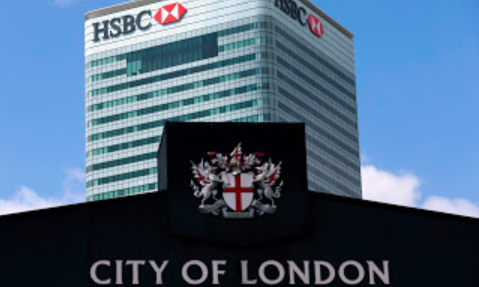
Date: Oct 24th, 2018
Media: Forbes
Link: https://www.forbes.com/sites/francescoppola/2018/10/24/a-tale-of-two-investment-banks/#70a819b15f6a
What happened?
Barclays and Deutsche Bank are leading European banks by total assets (in billion €) and they have released their third-quarter results.
Although at first glance, these results look good, as their profits increased, poor performance in their investment banking divisions is bad news for both banks.
Whom and where it affects?
It affects both banks in Europe, and therefore, their investors, shareholders or clients.
What sort of public or private institutions are involved?
Barclays is a British multinational investment bank and financial services company headquartered in London; and Deutsche Bank is a German investment bank and financial services company headquartered in Frankfurt, Germany.
Why is it important for Banking and Finance?
As these banks are the most important banks of Europe, their bankruptcy or their financial problems, can cause a financial instability in the European economy or even systemic risk.
What do you think will be the consequences in the foreseeable future?
There is a possibility that Deutsche Bank merges with Commerzbank (also German bank). Bolting the two “ailing German giants” together might perhaps create a bank large enough to compete with the Americans, though it’s a risky strategy – mergers of this kind can have the unfortunate effect of amplifying the weaknesses of both banks. In case this happened, Barclays could suffer too much pressure and it wouldn’t resist to compete succesfully once again with the American giants.
Key words:
Investment bank, Shareholders, Investors, Europe, Deutsche Bank, Barclays, Results/performance.





